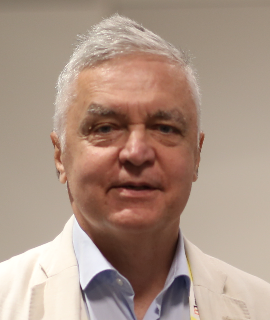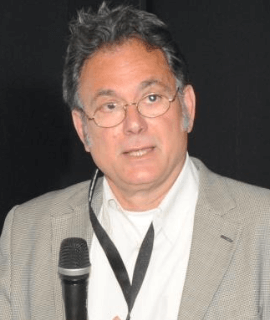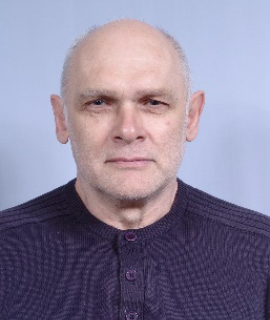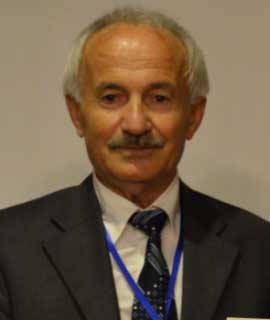Organocatalysis stands at the forefront of modern catalysis, harnessing the power of organic molecules to drive chemical transformations. Unlike traditional metal-based catalysis, organocatalysis employs small organic molecules as catalysts, offering advantages in terms of sustainability, selectivity, and compatibility with biological systems. This field intersects catalysis, chemical engineering, and technology by leveraging innovative molecular designs and reaction mechanisms to facilitate efficient synthesis routes for pharmaceuticals, agrochemicals, and fine chemicals. Its impact extends to green chemistry initiatives, where the use of non-toxic, readily available organic catalysts promotes environmentally benign processes. Through continual advancements in reaction discovery, stereocontrol, and scalability, organocatalysis exemplifies the interdisciplinary nature of modern chemical research, driving forward the development of efficient and sustainable chemical processes.

Thomas J Webster
Interstellar Therapeutics, United States
Sergey Suchkov
R&D Director of the National Center for Human Photosynthesis, Mexico
Christopher Koroneos
University of Western Attica, Greece
Haibo Ge
Texas Tech University, United States
Valery P Kalinitchenko
All Russian Phytopathology Research Institute, Russian Federation
Osman Adiguzel
Firat University, Turkey
Delia Teresa Sponza
Dokuz Eylul University, Turkey
Guangnan Ou
Jimei University, China


Title : Using cells as the environmentally catalyst for nanoparticle synthesis: Killing bacteria, inhibiting inflammation, and growing tissues
Thomas J Webster, Interstellar Therapeutics, United States
Title : Personalized and Precision Medicine (PPM) as a unique healthcare model to be set up through biodesign-inspired biotech-driven translational applications and upgraded business marketing to secure the human healthcare, wellness and biosafety
Sergey Suchkov, R&D Director of the National Center for Human Photosynthesis, Mexico
Title : Chemical soil biological engineering and biogeosystem technique methodology
Valery P Kalinitchenko, All Russian Phytopathology Research Institute, Russian Federation
Title : Antibody-proteases as translational tools of the next-step generation to be applied for biotech, bioindustry and personalized and precision medical practice
Sergey Suchkov, R&D Director of the National Center for Human Photosynthesis, Mexico
Title : Shape memory phenomena and crystallographic transformations in shape memory alloys
Osman Adiguzel, Firat University, Turkey
Title : Construction of artificial metalloenzymes by protein refolding
Guangnan Ou, Jimei University, China
Title : Photoremoval of some brominated phenols (4-bromophenol and 2,4,6-tribromophenol) with reused polystyrene foam and SnO2
Delia Teresa Sponza, Dokuz Eylul University, Turkey
Title : Phenol removal from wastewater using innovative biological and industrial wastes as adsorbents
Ashanendu Mandal, University of Calcutta, India
Title : Boom of nanomaterials in environmental remediation
Vijendra Singh Solanki, Institute of Science and Research, India
Title : Process intensification for the production of 2, 2-dimethoxypropane using Fixed BED Chromatographic Reactor (FBCR)
Akash Sunilrao Shinde, Indian Institute of Technology Bombay, India